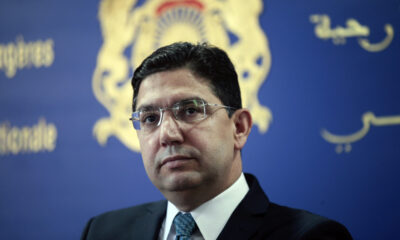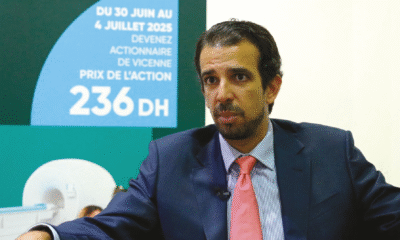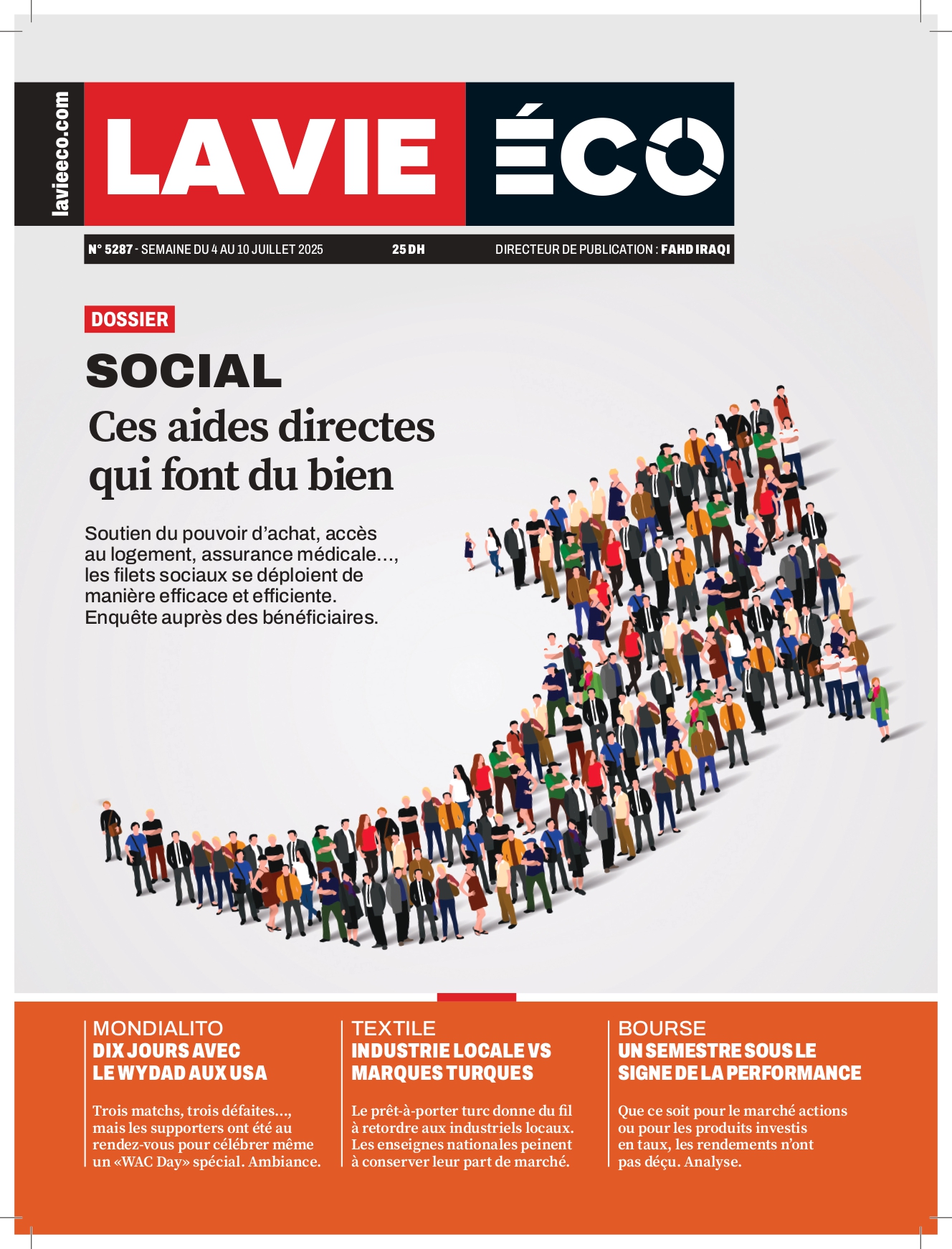Kingdom
Will or How to Share the Inheritance Without Conflict…
Creating a will is possible, but few people do so. Under Muslim law, a will cannot designate an heir unless approved by other legal heirs. However, there are ways to navigate inheritance rules…

The proposed reform of the Family Code has introduced the possibility of circumventing the rule prohibiting inheritance between spouses of different faiths. Specifically, Muslim spouses can now establish a will (Wassiya) or make a donation (Hiba).
This alternative method of assets transfer, according to notaries, will “avoid family conflicts and enable the peaceful division of assets without disadvantaging concerned parties, particularly wives and daughters.”
If approved, this proposal would expand the legal framework for wills, which had already been revised in 2004. At that time, the Moudawana (Moroccan Family Code) allowed the creation of a will in favor of an heir, provided other heirs consented.
It also introduced the ‘mandatory testament’ to benefit the children of a deceased daughter (mother) if she passed away before her grandfather. Notably, under the 1957 Personal Status Code, only the children of a son (father) could inherit from the grandfather.
In practice, however, Islamic notaries (adouls) and legal professionals report that few Moroccans draft wills due to religious and cultural considerations. They rely on Article 280 of the Family Code—rooted in Islamic law—which states that a will cannot favor an heir unless other heirs agree.
Additionally, a will cannot allocate more than one-third of the asset. It is worth noting that the Quran permits wills even for heirs, while limitations are derived from hadiths (prophetic traditions).
Legally, a will is defined as “the act through which a person allocates a right, up to one-third of their assets, that becomes enforceable upon their death.” Any bequest exceeding one-third remains valid only if heirs consent. In such cases, the excess is considered a donation from the heirs to the beneficiary.
Despite these legal constraints, notaries recommend wills in many cases—especially when the testator has debts, holds entrusted property, or seeks to assert specific rights. Wills are also advisable for individuals who wish to designate beneficiaries during their lifetime and prevent complications in the division of their assets.
It is not possible to disinherit a rightful heir…
However, it should be noted that Moroccan law regulates the distribution of assets in a will according to inheritance rules, which follow Islamic legal principles. Thus, the assets bequeathed in a will must never exceed one-third of the deceased’s remaining assets after settling any outstanding debts and funeral expenses.
Under these same rules, a non-Muslim cannot inherit from a Muslim, and vice versa. Additionally, it is impossible to disinherit rightful heirs, such as a spouse, sons, or daughters.
However, during one’s lifetime, a person may transfer assets freely to anyone. But upon death, inheritance rules take effect, and Islamic law applies. This underscores the importance of acting beforehand if one wishes to alter the default order of succession.
Though wills may intimidate many, they are never irrevocable. Article 286 of the Family Code explicitly states: “The testator retains the right to revoke or amend their will at any time, even if they initially pledged not to do so. They may impose conditions, appoint co-beneficiaries, or partially cancel the will, whether in good health or ill.”
Revocation can occur through explicit or implicit declaration or through actions, such as selling a bequeathed asset. A bequest may involve tangible property, usufruct rights (for a fixed term or perpetually), or other entitlements.
Beyond voluntary wills, there is also an obligatory will. This applies to grandchildren whose parent (son or daughter) predeceases a grandparent. Notably, prior to the adoption of the Family Code in February 2004, only grandchildren through a son could inherit from their grandfather under the obligatory will (al wassiya al wajiba).
Another form is the “tanzil” will, which allows appointing someone as an heir who otherwise lacks such status, placing them on equal footing with legal heirs. In this case, the appointed heir (al mounazzal) benefits from the “tafadol” (preference) rule, which grants male heirs twice the share of female heirs.
Islamic law restricts the flexibility of wills in fulfilling all of a testator’s wishes. Consequently, many turn to alternative mechanisms to favor specific heirs or ensure equal shares among children, regardless of gender.
Such alternatives—though subject to challenge by other heirs—include: Hiba (a revocable gift during one’s lifetime), dividing property ownership (retaining usufruct rights while transferring bare ownership to children), life insurance policies naming children as beneficiaries, vente en viager (a lifetime annuity sale, allowing the seller to retain income from property until death).
These strategies allow individuals to bypass strict inheritance rules but may face legal disputes from excluded heirs.
Wills: Everything you need to know…
While Moroccan law allows individuals to draft a will without involving a notary, it is highly advisable to consult a notary to ensure its legal validity and enforceability. A will can take several forms: written, verbally declared in the presence of witnesses, or even expressed through an unambiguous gesture.
Legally, the testator must meet two key requirements: they must be of legal age and possess full mental capacity. The will must also be drafted in clear, precise terms and witnessed appropriately.
Moroccans residing abroad can create a will through a notary. To amend or revoke an existing will in Morocco, the testator must return to the same notary who drafted the original document to issue a new will that supersedes the prior version.
Notary fees for drafting a will are not fixed but typically range between 1,000 and 3,000 dirhams. A will remains valid until the testator’s death and the execution of their asset wishes, unless revoked earlier. A will may be annulled in four specific scenarios: if the beneficiary dies before the testator, if the bequeathed asset is lost (e.g., sold by the testator), if the testator revokes the will, or if the beneficiary refuses the inheritance.













